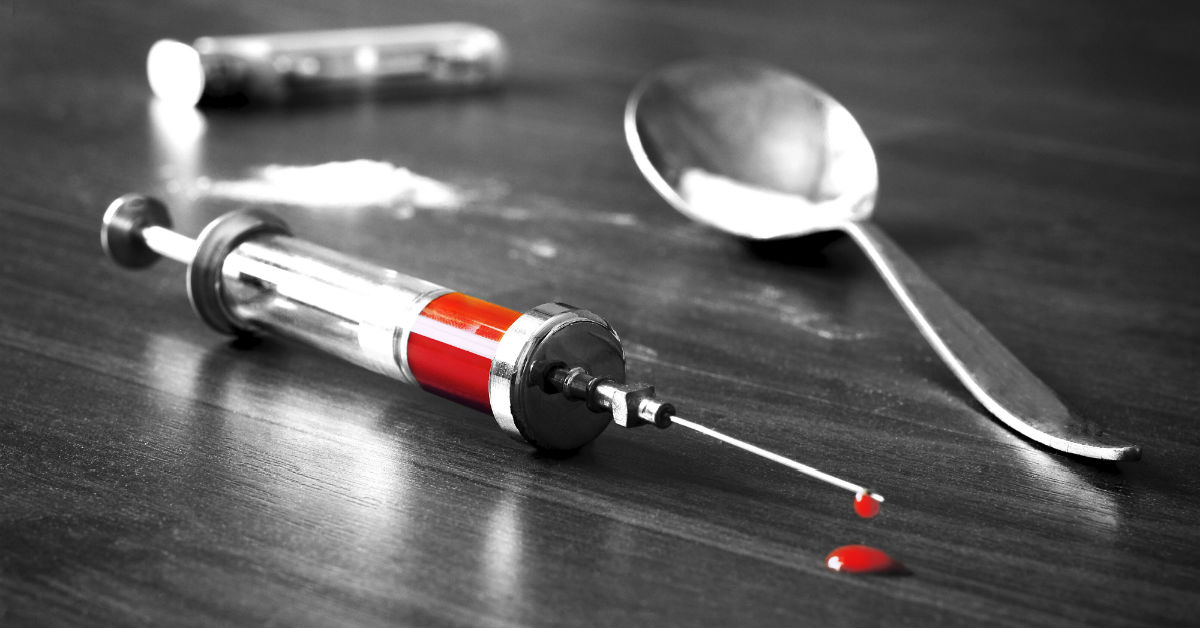
After the death of Prince, the media’s attention turned to the abuse of opioids and opiate-based drugs. Preliminary tests show that he overdosed on an opioid-based substance, which lead to his death. His high profile demise and its likely cause have highlighted opioids and the large problem of opioid abuse -- a global problem, according to many.
What Are Opioids?
Opioids are painkillers made from opium. No one should casually use opioids as these drugs are highly addictive. Some of the most commonly used opioids and synthetics include the following:
- Demerol or pethidine
- Vicodin, Lorcet, Lortab, which are hydrocodone
- Dilaudid or hydromorphone
- Methadone
- Duragesic or fentanyl
- Percocet, Percodan, OxyContin, which are oxycodone and
- Heroin, a street drug.
Why Do People Use Opioids?
Many researchers agree that the initial introduction to opioids is the result of suffering an injury or chronic pain and obtaining a prescription for pain relief. While this appears to be the main reason for opioids use, others are introduced to them socially or experiment out of curiosity. In any case, many users find themselves unexpectedly abusing opiates or addicted to the drug.
Why are Opiates so Addictive?
Studies show that opiates are highly addictive because of the way they interact with the body’s natural chemistry. As an individual uses the opioid, the body develops a certain tolerance to the drug so that prolonged use requires a higher dosage to maintain a certain feeling or level of pain relief. Thomas Kosten and Tony George, in “The Neurobiology of Opioid Dependence: Implications for Treatment,” indicate that opiates move through our bloodstream and attach to certain types of brain cells in such a way that the user’s body interprets the chemical reaction as a positive experience similar to other enjoyable life experiences, such as eating, laughing and sex. Opioids trigger this center in the brain, and if a person is not in pain, the drug becomes addictive because it stimulates this pleasure “button.” According to John’s Hopkins Bloomberg School of Public Health, opiates created in ways to reduce dependency and abuse are still just as addictive.
Tolerance, Opiate Dependence, and Withdrawal
Many researchers make a distinction between tolerance, dependence and withdrawal. Adrian Preda, M.D., author of “Opioid Abuse Clinical Presentation,” provides a helpful explanation of these distinctions.
- Tolerance is the need for increasing doses of medication to achieve the initial effect of the drug
- Addiction is characterized as a psychological and behavioral syndrome in which the following features are observed: drug craving, compulsive use, and strong tendency to relapse after withdrawal…
- Withdrawal occurs when physical dependence develops due to use but then drug use stops. Symptoms include diarrhea, shivering, nausea, sleeplessness, restlessness, tremors, abdominal cramping, bone pains, drug cravings and many more.
From prescription to use to addiction, opioids offer necessary pain relief but do require carefully monitored use. If you think your teen might be struggling with addiction, seek professional help to avoid potentially life-threatening situations or even death.


Leave a Reply